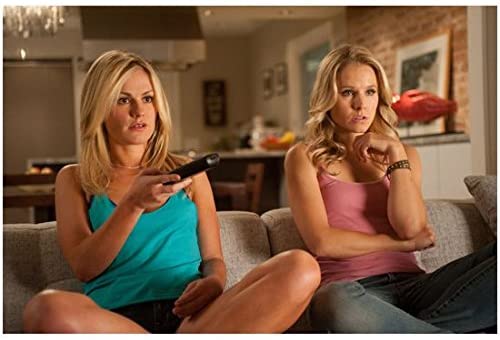
Ok friends, hold onto your butts because it looks like this ride is going to go on for a while. Yes, you’ll be navigating this ride from your couch. It’s gonna be bumpy. It’s gonna be uncertain. It’s gonna be your best friend calling you at 9:30pm on a Tuesday to extrapolate the current situation to a Poland in 1939 scenario. (That might not be your specific reality, but if you like, I can have Rikki call you to lament the loss of her theoretical lifeboat, aka Canada). You’re gonna need a pilot. My guess is you’re gonna need several otherwise that shit is gonna get to you. (It probably will anyway as it’s very difficult to maintain the line between informed and hysterical).
In this time of fear and quarantine, when the most responsible thing we can do is stay home and stay calm, we’re all about to have a lot of time to think and a lot of time we need to fill with not thinking. This will prove a challenge. Even for me whose day to day is relatively unchanged by current Corona events (before, I worked from home and managed my triage-level anxiety; now, I work from home and manage my triage-level anxiety). Maintaining sanity, empathy and motivation remains a challenge. But I, and basically every streaming service known to man, have a solution for you:
Television series.
Once upon a time (once upon a ten years ago), I decided to do a PhD in literature. It was a romantic choice. It was a reasoned choice. It was a choice driven by a myriad of factors. One of those factors was precisely anxiety management. My analytic brain was a bit overactive. You see this kid? Imagine him but instead of singing about fingers and toes he’s engaging in personal behavioral analysis.
No gesture was too small for interpretation and conjecture. If one Tuesday I didn’t work out, I’d worry that I’d never work out again. I was setting a precedent that carried unforeseen repercussions, and this moment was the only data available to tell me my future. If I noticed my eyelids droop while doing a mindless task, I’d revise how much sleep I’d gotten in the last week. Having given this thorough examination I would quickly fall down a rabbit hole of predictions and self-loathing. I must be fundamentally lazy. People are far worse off than me and here I am feeling enervated by office work. I don’t deserve to even have this job. They’ll probably fire me soon
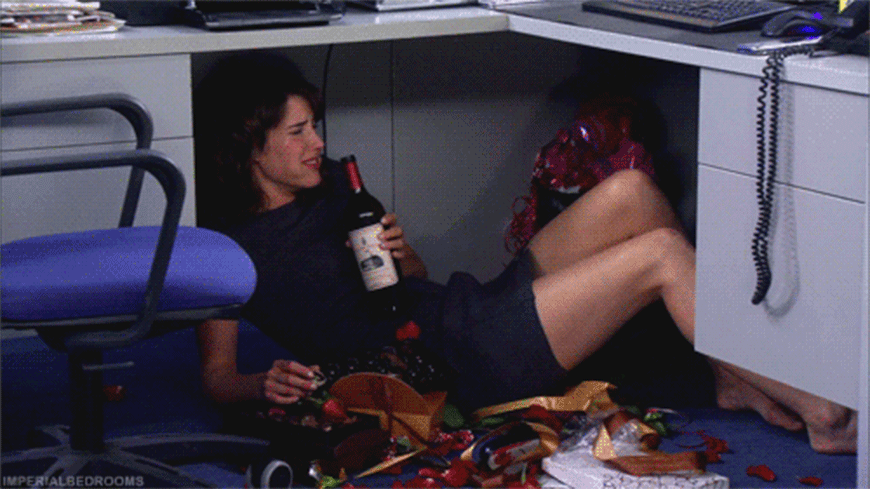
Perhaps these lines of thinking are unfamiliar to you. Perhaps you recognize them from recent internet searches to determine what will happen with infection rates and the economy and that red spot on your throat. Mining a detail to tell us the future, to assure us that everything will (or won’t) be ok is a natural impulse. Too much and too thoroughly applied is crazy making. I’d love to say these lines of thinking stopped in my 20s, but at least they pause, or rather redirect, when confronted with a story, the very best antidote for both taking us into and away from ourselves and our current troubles.
In fiction, if you see a character not work out on a Tuesday or feel sleepy in the face of mind-numbing office work, these things do have significance. If they’ve made it to the level of being shown at all, even minor gestures and events are valid fodder for analysis. They provide little sign posts for how to read a character, what tropes she might express, what her future might be, where she fits in the context of this fictional space. How a thing is described –in the words on a page, through shot choice and set design– contains secrets, intentional or not, that color how we might evaluate this universe or connect its literary contents to its brothers and sisters in fiction.
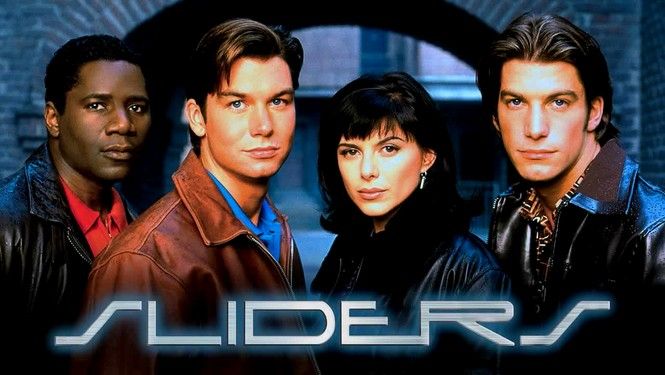
Further, that world, for whatever commentary or revelation it provides for ours, is that world. Those characters must deal with their consequences. In theory, I sit comfortably in the position of observer free to extract or ignore whatever life lessons might be gleaned from the full exposition of someone else’s journey. I do not endorse a moral position that promotes this approach to media consumption all the time (hence, this blog). Media, fictional or not, makes and reflects our reality, and being attentive to this fact is integral to my viewing practices. But my main point here is this: for me, fiction, TV series in particular, offers a parallel universe where I blissfully do not exist while providing ample fat for my brain to chew on thus giving my anxiety a break from its general tendency to incite cerebral auto-cannibalism.
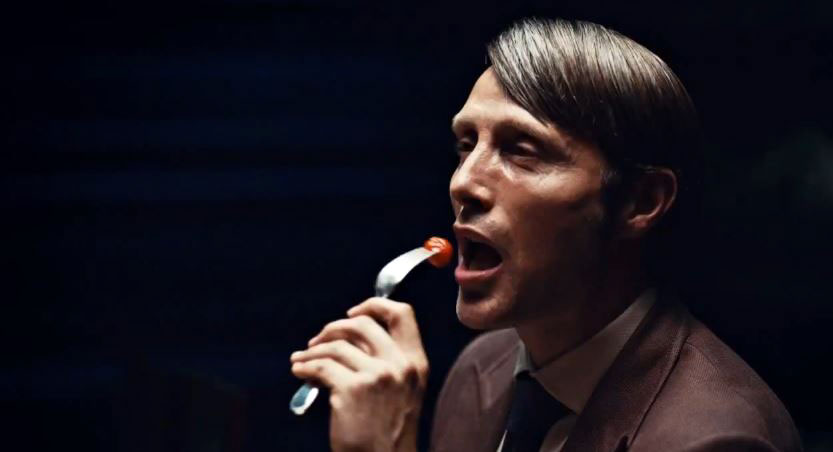
So, in this time of incredible stress, I thought I might share with you what my brain does when I embark on a new series, how my love of television –born of a love of fiction, its messages and mechanisms– has served me for so many years as a means of both distraction and involvement. It has been, and I hope it can be for you, solace, sustenance and stimulation.
Buckle in kiddies. Let’s talk about pilots. Aptly named after a thing that guides and sets the course of, that keeps the fire burning so that other fires might be lit, the pilot is often the first episode but not always. Once upon a time, during pilot season, many of these would air and they’d determine the future fate of a show. Pilots still exist, but when, how and if they’re released isn’t the same (many are only ever seen by the internals of networks/streaming services). To be fair, in the following I am collapsing the pilot and the first episode, which are not always the same, but I can’t resist a metaphor. Think of them as the episode that sets the stage, acts as the pitch and the introduction.
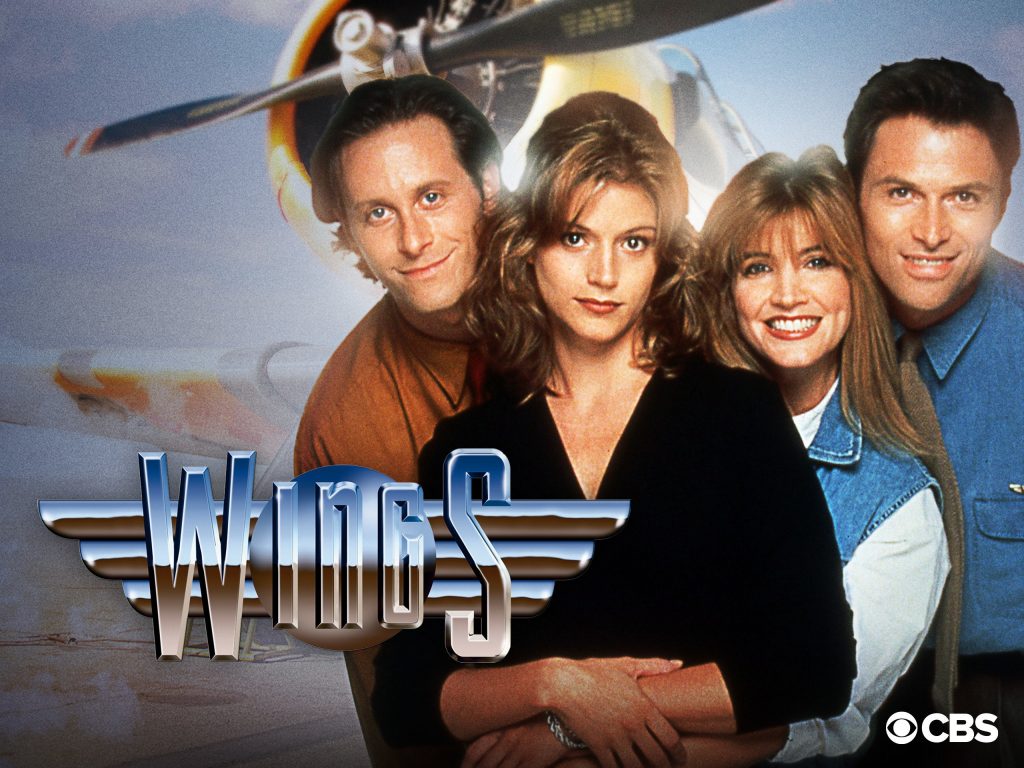
A good pilot draws me in with the following things (note, examples are fairly random and links are not the only place to watch them):
- Establishes the characters. Typically, the first episode will give you a central character or two who will act as the entry point, the titular hero (or anti-hero). This character should draw you in, for he or she will act as your proxy, quirky or not, you’ll ride their back through the journey out. When I watch a show, I tend to interrogate each new character for type. Will she be a typical witch or will her rendition question how the trope is understood in our modern day? Is he a bro with a heart of gold, a secret villain or yet another example of TV’s inability to make male characters that don’t make me want to throw things?
- Hints at potential relationships. I love (because I’m a love junky; in case you are too) to conjecture how the girl hired to work in the archive in the basement and the detective placed as a vice squad mole are going to meet cute. But, this practice is more about forecasting futures based on shooting, characters and potential plot lines.
- Enters us into a world. A lot of my viewing does end up being dictated by how interested I am in the world depicted. This probably answers the question of my undying love of sci-fi, why so many damn Westerns and why I still haven’t watched Succession (the milieu of rich, New York assholes may still not feel far enough afield). I watch the first episode for the rules and personality of a place. Will it be like another character in the series or simply the zone where the action happens?
- Establishes the premise. Some shows are based on normal people dealing with ridiculous situations (Walking Dead, Lost, basically every reality TV show out there). Some shows are based on ridiculous people dealing with norms (Doogie Howser, House). Some shows double up (Sleepy Hollow, Buffy). Some shows are about normal people in normal situations that make you realize how ridiculous our normal is (The Office, Big Bang Theory, Bob’s Burgers). Some bring you the machinations of a universe you don’t know (but you do because Battlestar Galactica is basically a political show set in space). Some bring you a world you do know with a crazy tweak that makes you see it anew (Oh god, I just started The Leftovers. Talk about great pilots. But if the current pandemic’s aftermath has got you worried, skip this show for now). I constantly wonder what categories each new show will fall into, if it will be plot, character or premise driven. I think of which other works (television, film or literature) this harkens to. I wonder if it will do this with an awareness of its place and its forbearers and, cross your fingers, itself. I hope against hope it will provide me with new ground to test out concepts that govern our very ways of being in the world and relating to one another.
- Establishes stakes and desires. What do these characters want or need? What happens if they don’t get them? Most procedurals are pretty straight forward: gotta catch the bad guy, if not, he’ll kill again. Sometimes the stakes are higher: save the cheerleader, save the world. The most involving premise-driven shows tend to strap questions to this fundamental crux, like what does a cheerleader have to do with saving the world? Character based shows must also have this. The goal of the friends in Friends is basically to have friends.
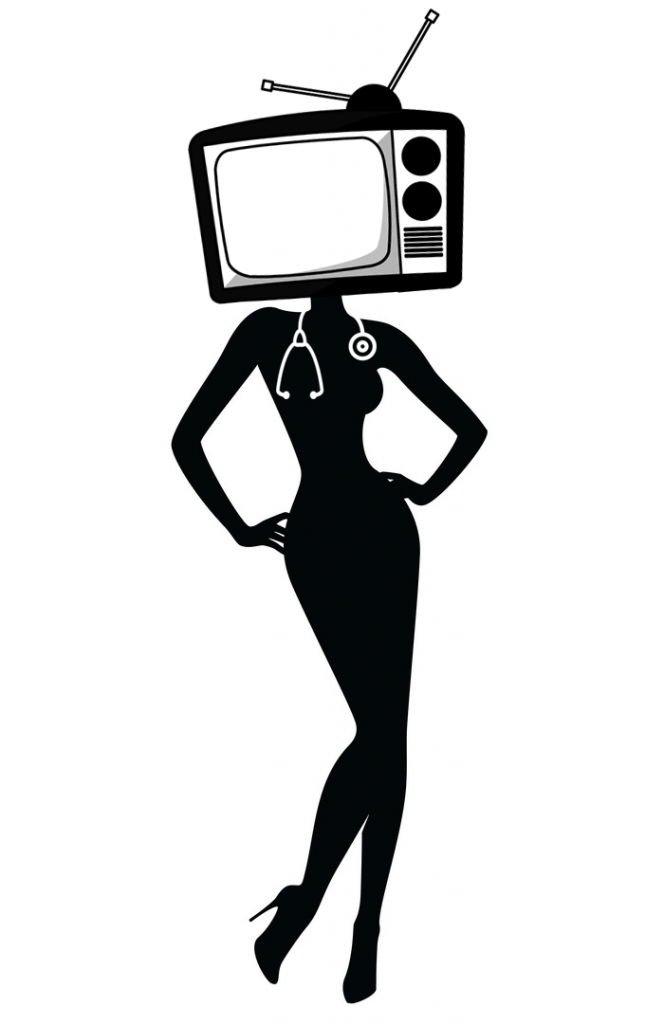
So my peeps, I encourage you to go forth and watch some TV. Look for character tropes and plot lines you’ve seen before. Ask if the sense of place is being told through the sense of character. Make guinea pigs of the people on your screen. Interrogate why they’ve picked up that cup, why the camera has lingered on the murder victim’s left arm. Ask what big ideas you might think through in the closed circuit of this show. Check out of the world for a while and let TV help you check back in.
As an aid in these times, I would like to offer each of you my personal services through my alter-ego: Dr. Binge. If you click here, you’ll be taken to intake form which will help me diagnose your TV loves and prescribe some new shows.
